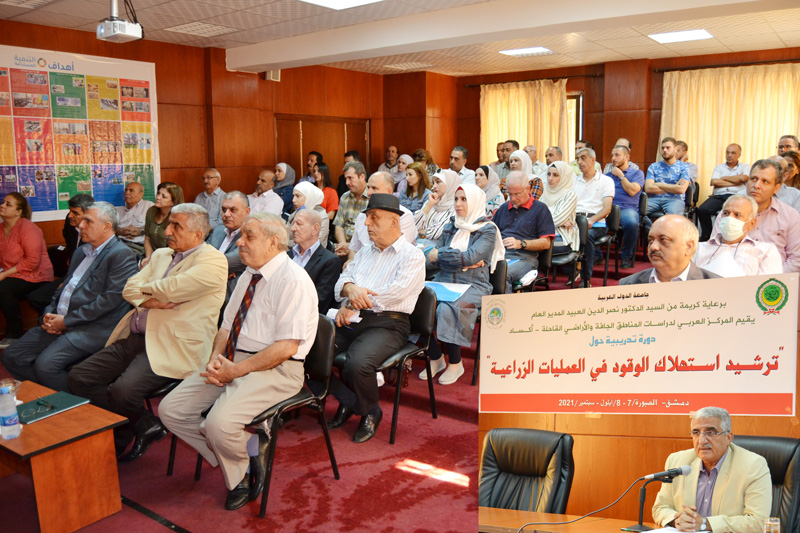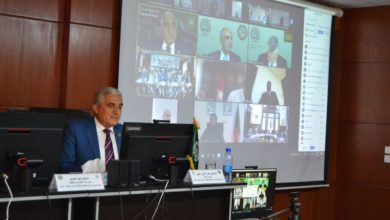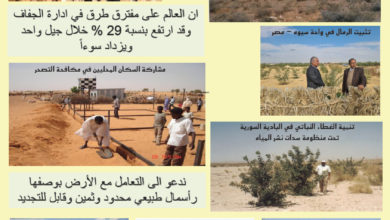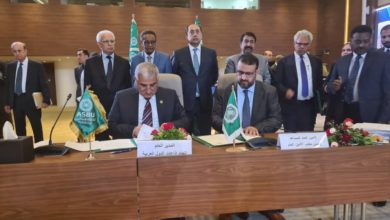Fuel Consumption Rationalisation in Agricultural Process / a Training Course
The Arab Center for the Studies of Arid Zones and Dryland “ ACSAD” conducted a training course entitled “ Fuel Consumption Rationalisation in Agricultural Processes”, highlighting all the procedures and measures that could reduce fuel consumption in agriculture. Conservation agriculture is one of the most important agricultural procedures—besides tractor and farm engine driving and maintenance.
The Arab Center’s General-Director Dr Nasr Edin Obaid said in a speech at the course opening: fuel consumption rationalisation is an important economic and environmental issue that demands more heed, research, and disseminating knowledge; which would reflect positively on reducing production costs significantly, developing the agricultural sector, and raise food security rates.
He also confirmed that the Arab Center worked on fuel consumption rationalisation in agricultural processes in front of this reality. It issued and distributed a specialised pamphlet as a practical guide. It is the first-ever in the Arab region. It reviews all the influenced factors in fuel consumption rationalisation in agricultural processes according to a simple scientific-practical methodology ends by determining the procedures that should be taken. Furthermore, to help the workers in driving and maintenance agricultural machines, and the agricultural technicians. In addition, this pamphlet enhances the expertise and knowledge in this field and enables the exchange of information among Arab countries on this vital topic that concerns the farmers; for its significant role in reducing production costs and heightening agricultural economic revenue.
His Excellency, Dr Obaid, explained that the Arab Center was conducting this training course to convey the newest technologies in rationalisation and reducing fuel consumption in agriculture. It comes within ACSAD’s efforts in disseminating scientific knowledge and information exchange in various agricultural aspects.
The activities of this training course included the delivery of theoretical lectures and the implementation of applied scientific data on methods to rationalise fuel consumption in various agricultural processes, including cultivation, harvesting, and crops transformation, by several researchers and specialists at the Arab Centre. It is worth mentioning that the number of trainees was 16 from the Ministry of Agriculture and Agrarian Reform, the General Commission for Scientific Agriculture Research. Hopefully, these trainees will apply the knowledge and technologies they have received in various agricultural activities.




